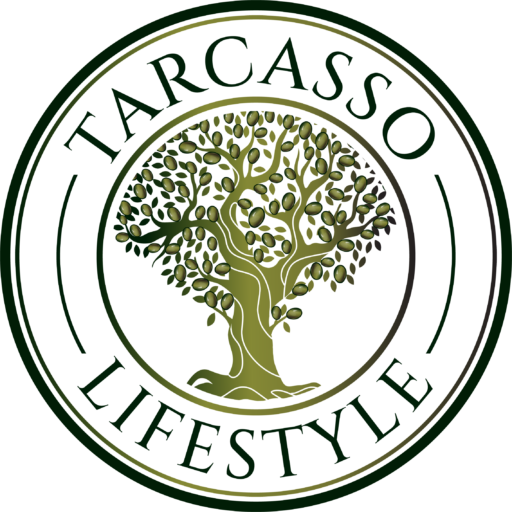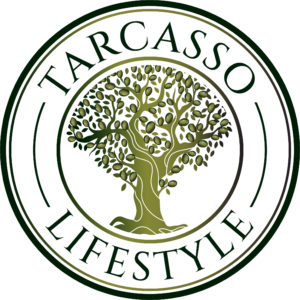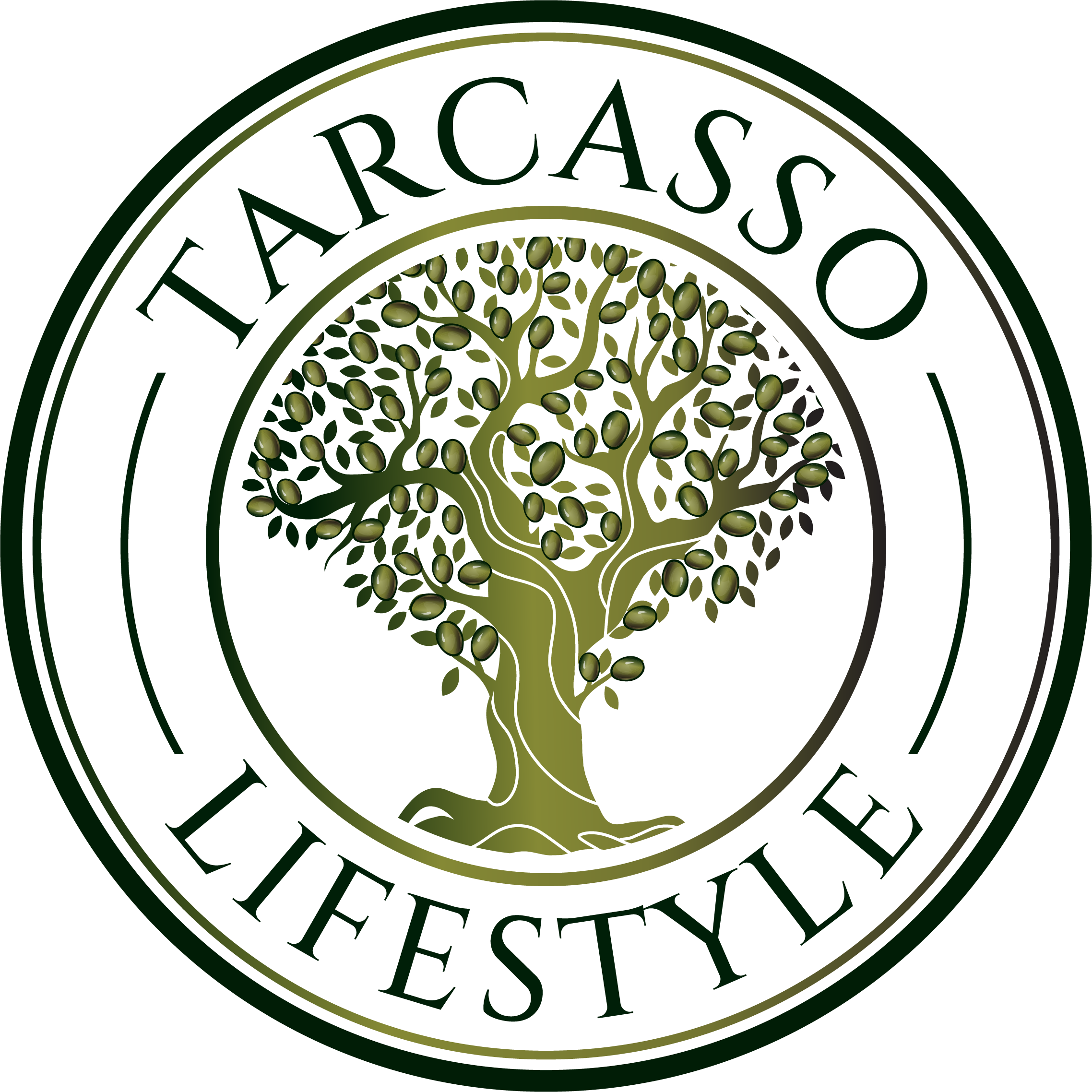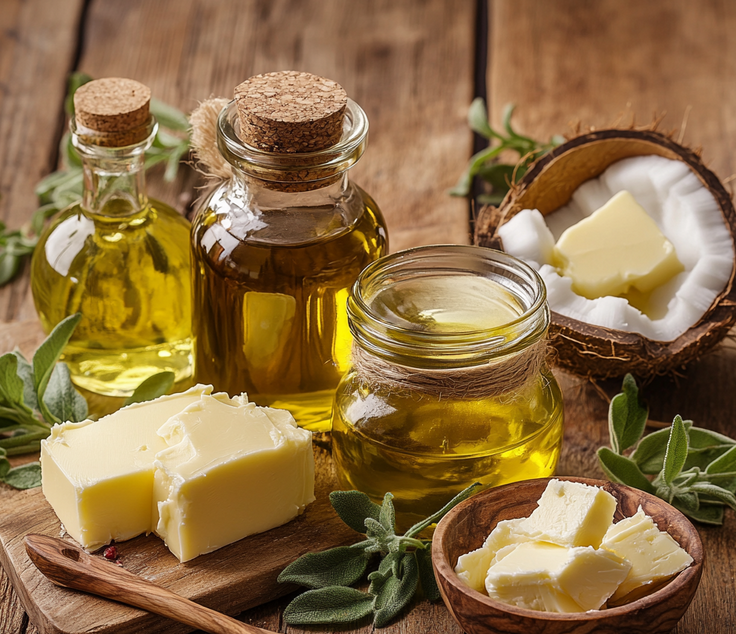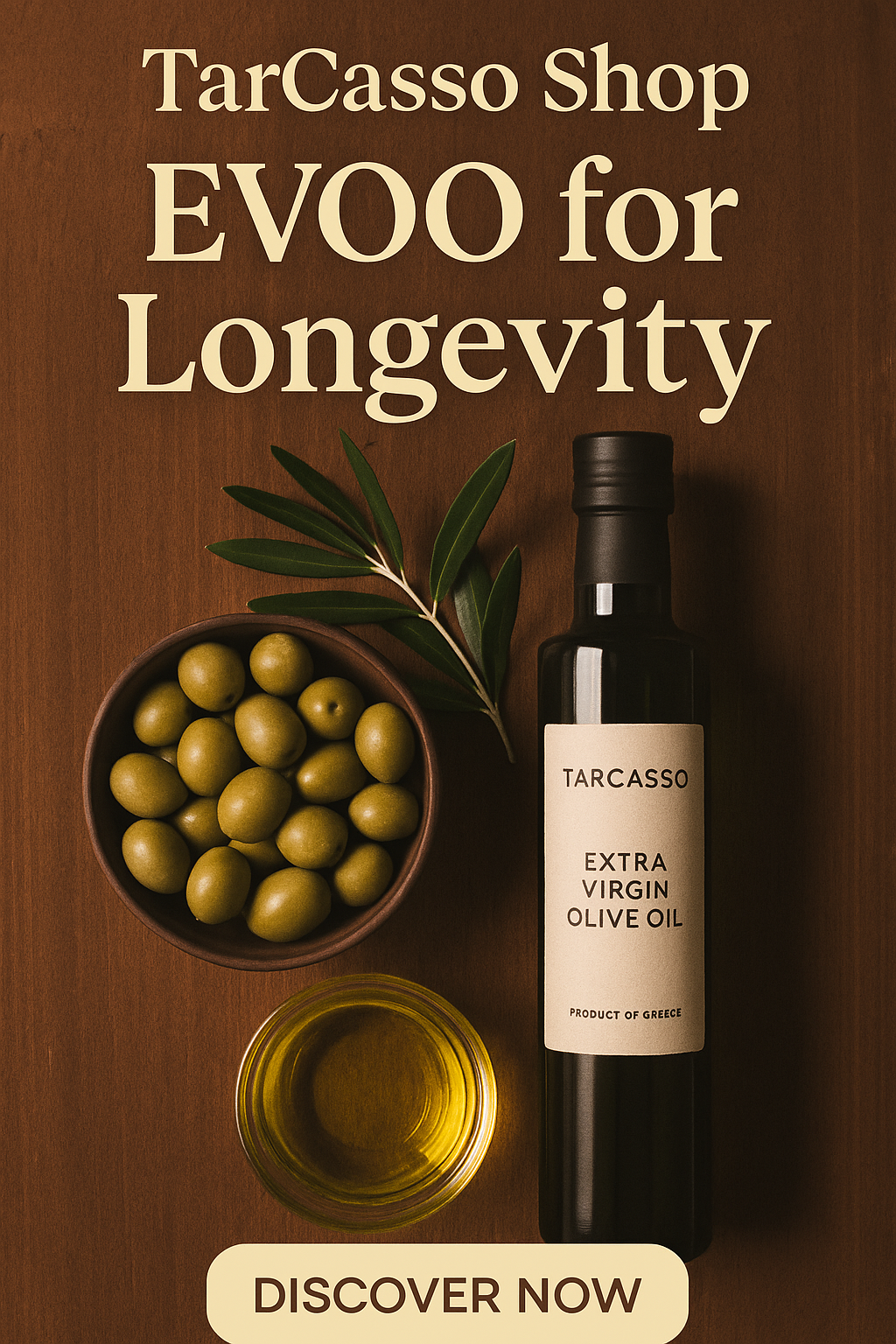The self-proclaimed biohacker and longevity expert Dave Asprey argues in an interesting blog post that while extra virgin olive oil (EVOO) has benefits, tallow and ghee are superior for high-heat cooking due to their stability. Heating oils can cause oxidation, producing harmful byproducts. Saturated fats are the most stable, followed by monounsaturated and then polyunsaturated fats.
- Tallow and Ghee: Best for high-heat cooking because they are high in saturated fats and resist oxidation. Tallow contains fat-soluble vitamins, while ghee contains butyrate, which is good for gut health.
- Olive Oil (Especially Extra Virgin Olive Oil – EVOO): Contains beneficial polyphenols, but these degrade at higher temperatures. When you heat EVOO, their fatty acids can oxidize, meaning they react with oxygen to form harmful compounds like lipid peroxides. Lipid peroxides and aldehydes can damage your DNA and your mitochondria. This slows your metabolism and accelerates aging.
How to Use Them Correctly:
- Tallow and Ghee: Use for high-heat cooking methods like frying, roasting, and grilling.
- EVOO:
- Use raw, as a finishing oil, or in salad dressings to preserve antioxidants.
- Limit to 2-3 tablespoons per day.
- Suitable for very light sautéing at low temperatures (under 350°F/177°C), especially when moisture is present (e.g., cooking with vegetables).
- Avoid: Refined seed oils like canola, corn, soy, safflower, and sunflower oils due to their instability.
EVOO and Longevity:
EVOO can be an important element for longevity due to its oleic acid and hydroxytyrosol content. However, excessive consumption can increase D5D and D6D enzymes, which can increase the body’s PUFA (polyunsaturated fatty acids) production and oxidative stress. Therefore, moderation is key, with Asprey recommending a maximum of 2-3 tablespoons per day.
Additional Tips:
Cook any fat (including tallow and ghee) with herbs like oregano, rosemary, and thyme to limit oxidation and add extra antioxidants.
